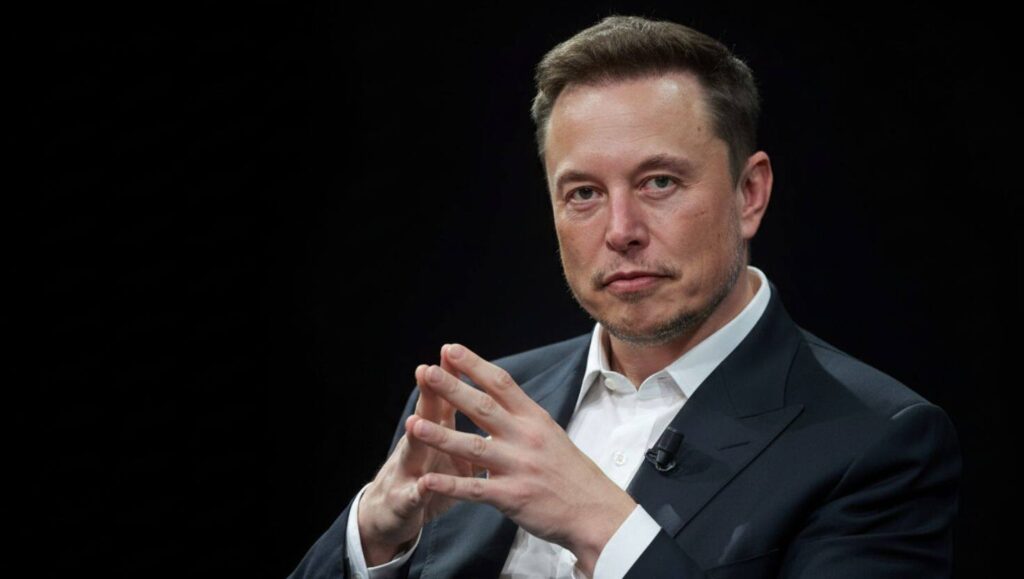Analysis of Musk’s Tesla stock purchase timing and market impact
Decoding the Musk Effect: An Analysis of Elon Musk’s Tesla Stock Purchases and Their Market Shockwaves When Elon Musk invests his own money in Tesla, the market takes notice. It’s a phenomenon dubbed the “Musk Effect”—a potent cocktail of CEO confidence and social media amplification that can send shockwaves through the stock market. For the everyday American investor, understanding the timing and impact of these purchases is crucial to navigating the often-turbulent waters of Tesla’s stock. This article delves into the strategy behind Musk’s significant stock buys, their immediate and long-term consequences for the share price, and the legal tightrope he walks with every transaction.
Go to Homepage
Tesla stock price prediction 2030
Explore the future of Tesla stock price prediction for 2030 as we delve into expert analysis and market trends. Will TSLA reach new heights, driven by innovation in AI, robotics, and electric vehicles, or face headwinds from competition and economic shifts? Get insights into long-term forecasts and what factors could influence Tesla’s valuation in the next decade.
Tesla TSLA stock AI autonomy momentum
Explore the groundbreaking Tesla (TSLA) stock AI autonomy momentum as the electric vehicle giant continues to push the boundaries of artificial intelligence in self-driving technology. With continuous advancements in its AI models and real-world data collection, Tesla is solidifying its position as a leader in autonomous driving. Investors are keenly watching how TSLA‘s relentless innovation in AI and machine learning will translate into enhanced safety, efficiency, and ultimately, a revolutionary shift in personal transportation. Discover why Tesla’s AI autonomy initiatives are a critical factor driving its long-term growth and market valuation.
A Pattern of Strategic Buys: Turning Pessimism into Profit
A closer look at Elon Musk‘s history of purchasing Tesla stock reveals a recurring theme: he often buys when the market is gripped by uncertainty or negative sentiment surrounding the company. These aren’t just random acts of an enthusiastic CEO; they are calculated moves that serve as powerful public relations tools and potent signals to both institutional and retail investors.

One of the most recent and significant examples of this strategy unfolded in September 2025. Amidst a challenging market for electric vehicles and growing concerns over softening demand, Musk purchased a substantial amount of Tesla stock. This move, his first major open-market buy since early 2020, was widely interpreted as a resounding vote of confidence in Tesla’s future, particularly its pivot towards artificial intelligence and robotics. The market’s reaction was swift and decisive: Tesla’s stock price saw a significant jump in the days following the announcement, reinforcing the narrative that the CEO’s personal investment was a bellwether of positive things to come.
Looking back to his February 2020 purchase, a similar pattern emerges. At that time, while Tesla’s star was on the rise, there were still lingering doubts about its ability to maintain profitability and scale production. Musk’s investment at that juncture served to quell anxieties and preceded a period of meteoric growth for the stock.
These instances suggest a clear strategy: by putting his own capital on the line during moments of market doubt, Musk not only shores up investor confidence but also, in many cases, acquires shares at a relative discount before anticipated positive developments.
The Ripple Effect: How Musk’s Buys Influence the Market
The immediate impact of a Musk stock purchase is almost invariably a surge in Tesla’s stock price. This is fueled by a number of factors:

- Renewed Investor Confidence: A CEO buying their own company’s stock is a classic signal of insider confidence. With a figure as influential as Musk, this effect is magnified exponentially.
- Media Amplification: Musk’s every move is scrutinized and reported on by a global media apparatus. A significant stock purchase becomes a major news event, attracting a fresh wave of investor interest.
- Social Media Frenzy: With millions of followers on platforms like X (formerly Twitter), Musk can directly communicate his actions and rationale to a massive and engaged audience, further fueling the buying frenzy.
Beyond the initial price spike, the longer-term impact can also be significant. These purchases often coincide with a shift in the narrative surrounding Tesla, refocusing the market’s attention on long-term growth prospects rather than short-term challenges.
Navigating the Legal Landscape: The SEC’s Watchful Eye
As a corporate insider and a figure with immense market-moving power, Elon Musk’s trading activities are under constant and intense scrutiny from the U.S. Securities and Exchange Commission (SEC). The primary concern is the potential for market manipulation or trading on material non-public information.
The most famous clash between Musk and the SEC came in 2018, not over a purchase, but a tweet. His infamous “funding secured” proclamation to take Tesla private at $420 a share led to a settlement with the SEC that included hefty fines and a requirement for his tweets to be pre-approved by a lawyer.
This history of regulatory oversight means that Musk’s stock purchases are meticulously documented and disclosed through official channels, typically via a Form 4 filing. While these disclosures provide transparency, they don’t entirely quell the debate about the fairness of his trading timing. Critics often question whether his purchases are made with an awareness of upcoming positive news that has not yet been disclosed to the public.
For the average investor, it’s crucial to remember that while Musk’s buys are a powerful signal, they are not a assured predictor of future success. His risk tolerance and access to information are vastly different from that of a typical retail investor. Therefore, while the “Musk Effect” is an undeniable force, it should be just one of many factors considered in a well-rounded investment strategy. Blindly following the trades of any single individual, even one as successful as Elon Musk, is a risky proposition. Instead, his actions are ideal viewed as a compelling, yet partial, piece of the complex puzzle that is Tesla’s market journey.
